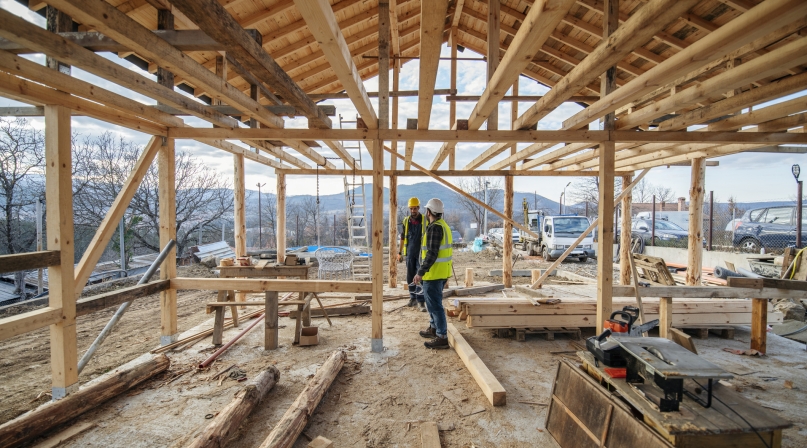HUD announces new grant funding through the PRO Housing and Legacy Challenge programs
Author

Julia Cortina
Upcoming Events
Related News

Key Takeaways
On August 13, the U.S. Department of Housing and Urban Development (HUD) announced $100 million in competitive grant funding through its Pathways to Removing Obstacles to Housing (PRO Housing) program. The funding is a part of the White House’s Housing Supply Action Plan, which aims to build more homes and lower both buying and renting costs for families while building climate resilient communities. Communities nationwide can apply for PRO Housing funding to remove barriers to local housing production. Key takeaways of the PRO Housing program include:
- HUD awarded $85 million earlier this summer to 21 winners, who will update housing plans, revise land use polices, streamline the permitting process for housing construction, and take other steps to build housing-forward communities.
- PRO Housing grants to local governments, states, metropolitan planning organizations (MPOs), and multijurisdictional entities will range from $1 million to $7 million.
- The deadline for round two applications is October 15, 2024.
In addition to the agency’s PRO Housing announcement, HUD launched a $250 million “Legacy Challenge” to supplement Community Development Block Grant (CDBG) funding. Entitlement communities can leverage up to five times their annual CDBG allocation through the Section 108 Loan Guarantee program to access low-cost, flexible financing for economic development, housing, public facility, and infrastructure projects. Communities can use these loans to either finance specific projects or to launch loan funds to finance multiple projects over several years. HUD will host a kickoff webinar on August 29, 2024 to share more about the Legacy Challenge, which you can register for here. Steps to apply for the Legacy Challenge include:
- Express interest in joining the Legacy Challenge by November 1, 2024 to access additional repayment flexibilities and waivers to streamline program requirements.
- Post a proposed application for public feedback by May 1, 2025, an optional yet recommended step in the process.
- Formal applications are due July 1, 2025
